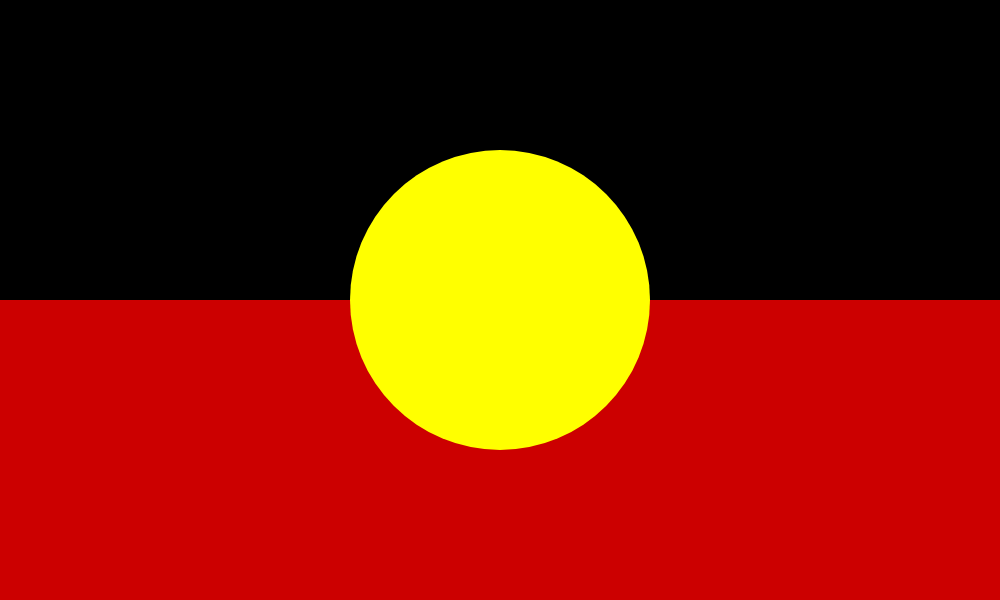Jill Falcon Ramaker couldn’t believe what she was hearing on the video call. All $5 million dollars of her and her colleagues’ food sovereignty grants were frozen. She watched the faces of her colleagues drop.
Ramaker is Turtle Mountain Anishinaabe and the director of Buffalo Nations Food Sovereignty at Montana State University – a program that supports Indigenous foodways in the Rocky Mountains and trains food systems professionals – and is supported by the United States Department of Agriculture, or USDA.
“The funding that we had for training and infrastructure leading to raising our own foods that are healthy and not highly processed and culturally appropriate, has stopped.” Ramaker said. “We don’t have any information on when, or if, it will resume.”
In his first two months in office, President Trump has signed over 100 executive orders, many specifically targeting grants for termination that engage with diversity, equity, and inclusion initiatives and climate-related projects associated with the Inflation Reduction Act. Climate change destroys the places and practices central to Indigenous peoples in the United States, and is exacerbated by droughts and floods that also affect foods essential to Native cultures. Food sovereignty programs play a crucial role in fighting the effects of climate change by creating access to locally grown fruits, vegetables, and animal products.
“It feels like we’re just getting started in so many ways,” Ramaker said.
Full article

